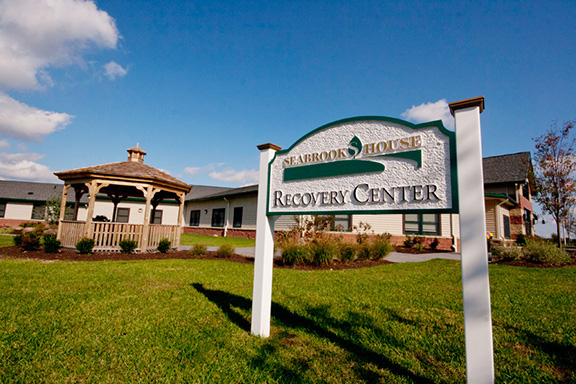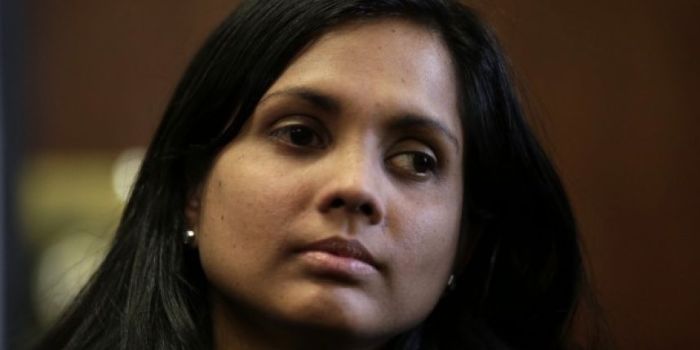Whether you’re standing on the corner in a grimy side of the city or in line at a pharmacy in an affluent suburb, opiates are more readily available today than ever before.
With over 1,000 lives lost in Massachusetts in 2014, powerful prescription pain medication and hypodermic needles are making lost generations out of entire communities throughout the Commonwealth.
On Monday, Massachusetts Governor Charlie Baker and members of an opioid working group released the blueprint of a $27 million, 65-step program dedicated to stopping smack in its tracks. The plan is the outcome of a task force created in February to address the crisis. “Opioid abuse is a public health epidemic and I applaud our working group for producing these recommendations based on a comprehensive analysis,” Baker said. “The solution to eradicating opioids is not a one-size-fits-all approach, and will require all of us to rethink the way we treat addiction. Today’s announcements are a first step and we will aggressively pursue reforms to save lives.” Putting the opioid epidemic in perspective
Baker said that the working group, which started in 2004, found that four out of five heroin users started with prescription pills like Oxycontin. In 2004, 456 people died from overdoses. Since then, more than 6,600 have died in addition to overwhelming hospital visits. The number of people killed from overdoses was triple the amount of vehicle-related deaths in 2013. Since January 2015, there has been an average of one overdoe death per day in Massachusetts. “The opiate crisis is impacting families from every community across the Commonwealth,” Attorney General Maura Healey said at Monday’s plan unveiling at the Massachusetts State House. “Today’s report is a roadmap to comprehensively addressing this public health crisis and offering help to families who truly need it. Now the real work begins to implement these recommendations.” The panel of experts called for a $27 million initiative for fiscal year 2016 for a three-year plan that will be funded by MassHealth as well as state and federal grants. Initiatives call for better education programs in schools and appointing addiction specialists to state medical boards. The plan also calls for 100 new beds at state-funded treatment centers by July 2016, a partnership with chain pharmacies to pilot drug take-back programs, bulking up the availability of Narcan, improving the monitoring systems for physicians by requiring reports of prescriptions within 24 hours, and improving recovery programs among many other steps. The full list of initiatives can be found at the governor’s press office website. “While opioid addiction is an urgent problem, it is also a chronic medical disease, not unlike diabetes or heart disease,” Secretary of the Executive Office of Health and Human Services and Chair of the Working Group Marylou Sudders said. “The solution requires a strong public health approach focusing on prevention, intervention, treatment and recovery. We must also target education and awareness about the potential misuse of opioids to students and their families.” A recovering addict weighs in
Metro spoke to a Weymouth man, who asked to be identified only as “PR,” about the recommendations.
PR, 43, is a nurse who has been off of heroin for 14 years. He said that treating the behaviors is the most important part of recovery. Quite often, addicts in recovery will seek out other vices to fill the void left from sobriety. He said the increase of recovery coaches will help people struggling with addiction. “People will stop using and their lives become manageable until they start gambling or going to strip joints or find other vices,” he said. The saying goes, ‘the addiction went from my arm down right between my legs.’” He said his experience with taking replacement drugs was not unique.
“Taking methadone or Suboxoneor going for a ‘spin dry’ in a hospital didn’t work because I had to change my behaviors,” he said. “All you have to do is change everything. Your playground, your playmates and your play time.”














